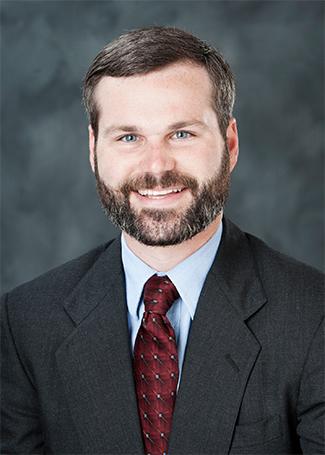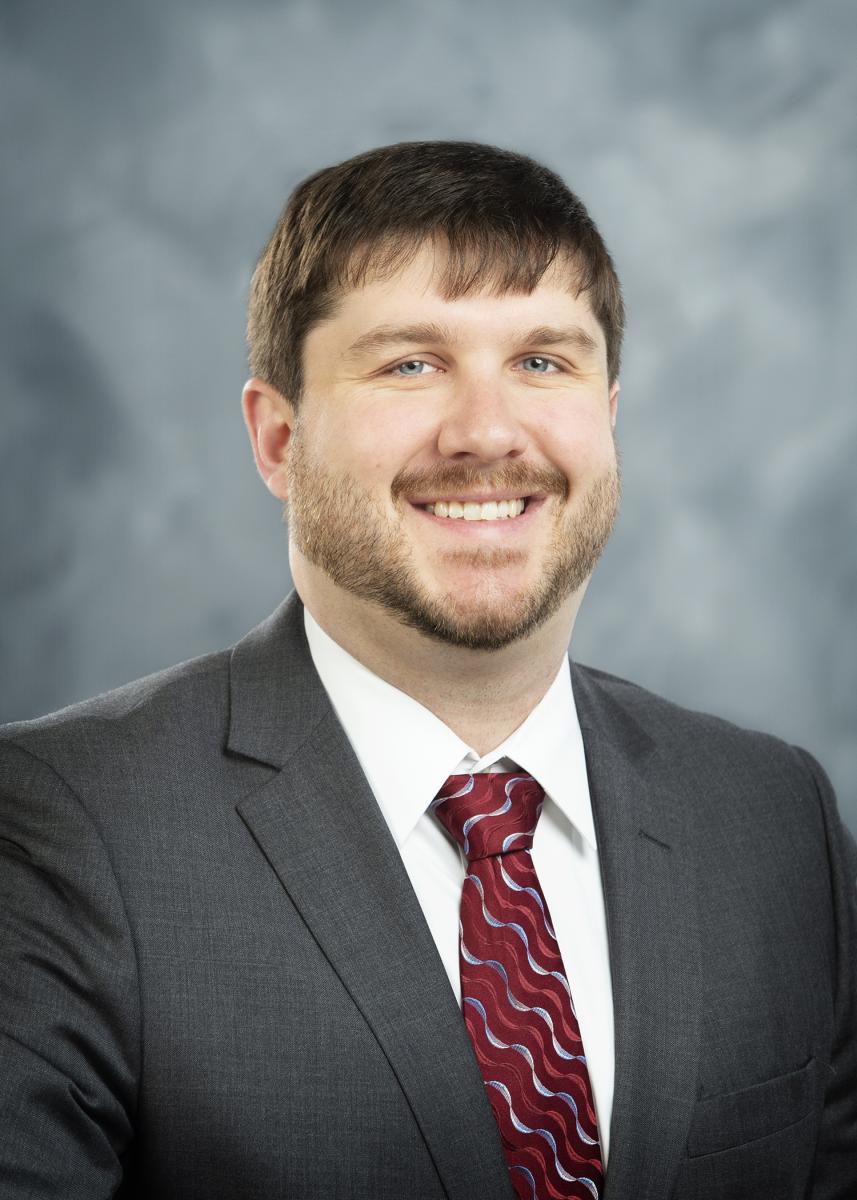Hurricane victims in the Southeast are getting faster, life-saving assistance, thanks to Mississippi State University’s (MSU) innovative use of uncrewed aircraft systems (UAS). By providing real-time flood data to the Federal Emergency Management Agency (FEMA), MSU’s mission is ensuring quicker emergency responses, safeguarding communities, and helping to prevent further devastation.
When hurricanes like Helene strike, floodwaters often cut off residents, destroy property, and strain emergency resources. MSU’s Raspet Flight Research Laboratory is stepping in to bridge the gap. Using advanced aircraft equipped with cutting-edge sensors, the lab delivers critical visuals of floodwaters as they happen, allowing FEMA and other agencies to prioritize areas in need and act swiftly to save lives.
“By giving responders a clear, real-time picture of floodwaters, our work is directly helping people in crisis,” said Bryan Farrell, interim director of the Raspet Flight Research Laboratory. “This mission is about using innovation to make a difference—ensuring lives are saved and recovery happens faster.”
At the heart of the mission is Raspet’s largest UAS, the Teros, capable of flying over 20 hours while capturing detailed flood patterns even in areas where satellite imagery fails. This data not only guides FEMA and NOAA during Hurricane Helene but also refines models to prepare for future disasters, making it a mission with far-reaching impact for U.S. citizens.
MSU’s Northern Gulf Institute (NGI) also plays a vital role, using NOAA-supported tools to sharpen river forecasting and flood response strategies. “Floodwaters are constantly moving after a hurricane, making it hard to predict where they’ll go,” explained Jamie Dyer, MSU geosciences professor and NGI associate director. “Our detailed UAS data ensures resources are used effectively, helping communities recover faster.”
This groundbreaking mission highlights the power of technology and innovation to protect lives and support disaster relief—making a difference for hurricane victims and enhancing national resilience against future emergencies.


